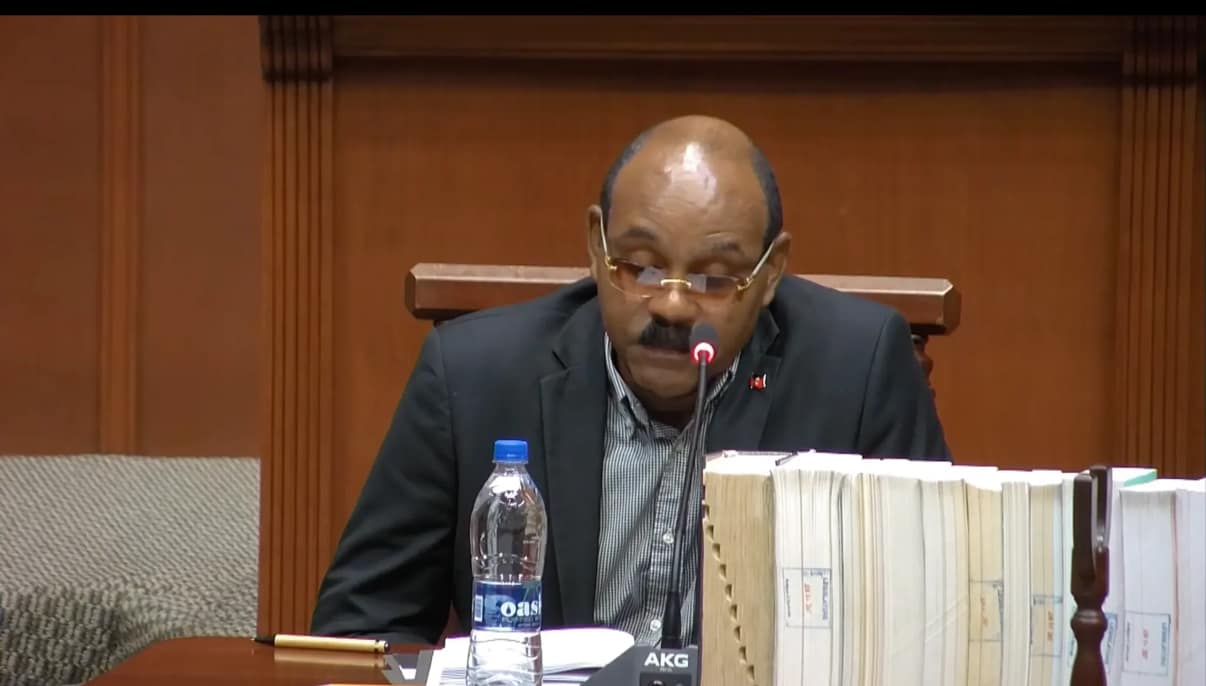In a significant move to enhance the integrity of its Citizenship by Investment Programme (CIP), Antigua and Barbuda has introduced sweeping reforms. The changes, reviewed by a parliamentary select committee on Tuesday, include stricter residency requirements, mandatory biometric data collection, and enhanced due diligence measures. Prime Minister Gaston Browne, who chaired the session, emphasized that these reforms aim to align the nation’s CIP with global standards set by major jurisdictions such as the United States, Canada, the United Kingdom, and the European Union.
One of the most notable updates is the extension of the residency requirement for new citizens from five days to 30 days over a five-year period. While some critics argue for even longer stays, Browne acknowledged the challenges faced by busy businesspeople who may not have the flexibility for extended stays. Additionally, all new applicants will now be required to submit biometric data, necessitating the establishment of biometric centers across North America, Europe, Asia, and Africa. Existing CIP citizens will also need to provide biometric details during passport renewals.
Further measures include mandatory applicant interviews and strengthened background checks through the Joint Regional Communications Centre (JRCC). Browne also urged member states of the Organisation of Eastern Caribbean States (OECS) to harmonize their CIP implementation timelines to prevent arbitrage opportunities. He proposed a unified deadline of November 1 for all participating countries—Antigua and Barbuda, St. Kitts and Nevis, St. Lucia, Dominica, and Grenada—to pass and enforce the new legislation.
The bill, already endorsed by regional heads of government, is expected to undergo its second and third readings in Parliament later this week, with Senate consideration to follow. These reforms reflect Antigua and Barbuda’s commitment to bolstering international confidence in its CIP while ensuring transparency and compliance with global best practices.
